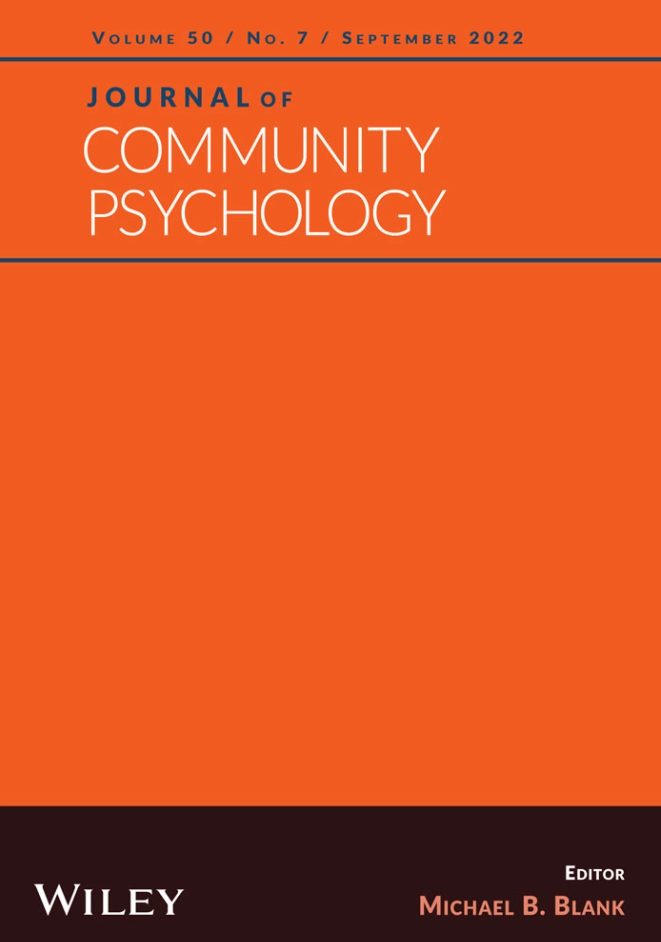Headline
Individuals with behavioral health diagnoses who are released from jails are less likely to return to jail if they receive behavioral health services after release.
Context
Incarcerated individuals who have a mental illness or substance use disorder (SUD) are more likely to return to jail after release. Transition services for people leaving jail can help connect individuals with community-based services for behavioral health care. This study estimated how receiving behavioral health care after being released from jail affected the likelihood of returning to jail, by analyzing data from individuals with behavioral health diagnoses released from Philadelphia County jail in Pennsylvania.
Findings
While almost half of all individuals with behavioral health conditions were reincarcerated within three years, those who received behavioral health services were between 26-38% less likely to return to jail. Nearly half of this population who had been receiving behavioral health services prior to discharge did not receive behavioral health care after release.
Takeaways
Discharge planning approaches should engage jail- and community-based providers and resources before discharge to reduce jail recidivism. Stakeholders can integrate data from jails and community-based behavioral health providers to better coordinate and ensure continuous access to behavioral health care for individuals released from jails.

